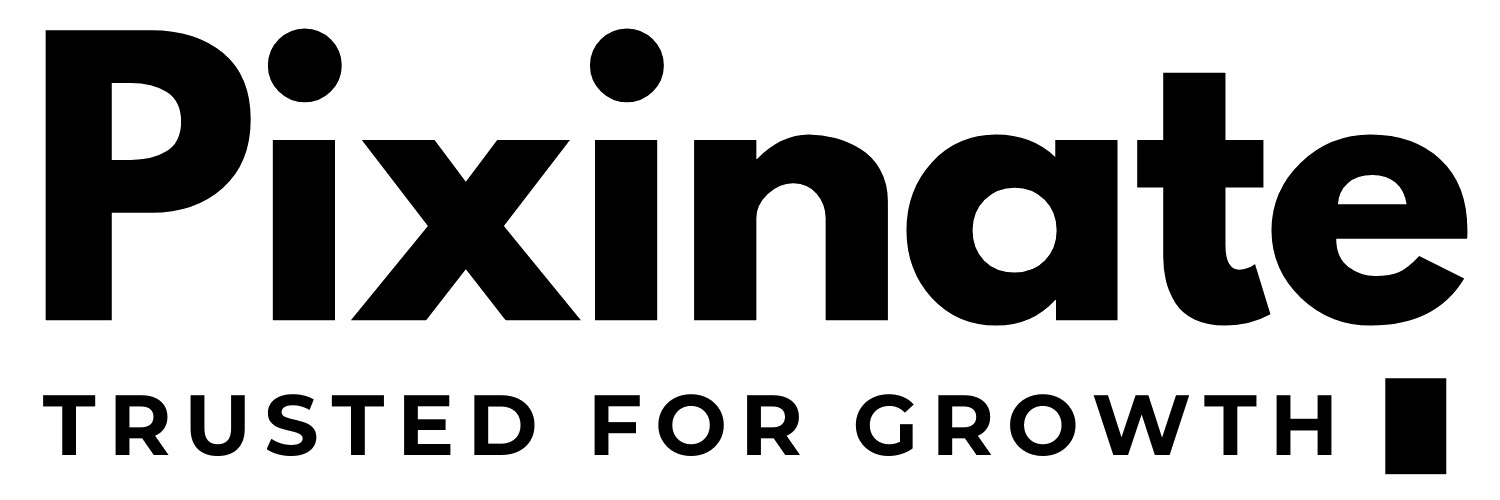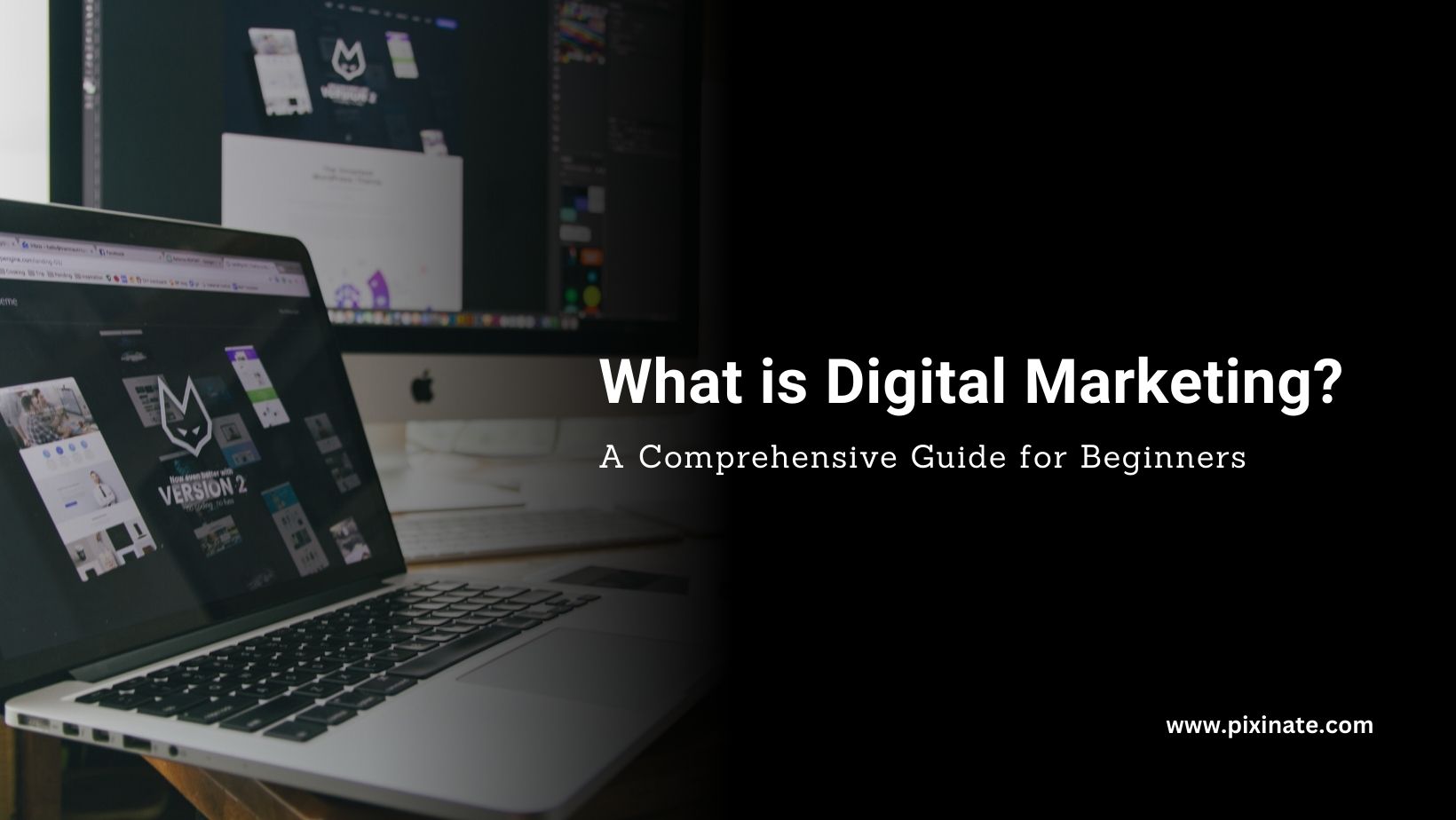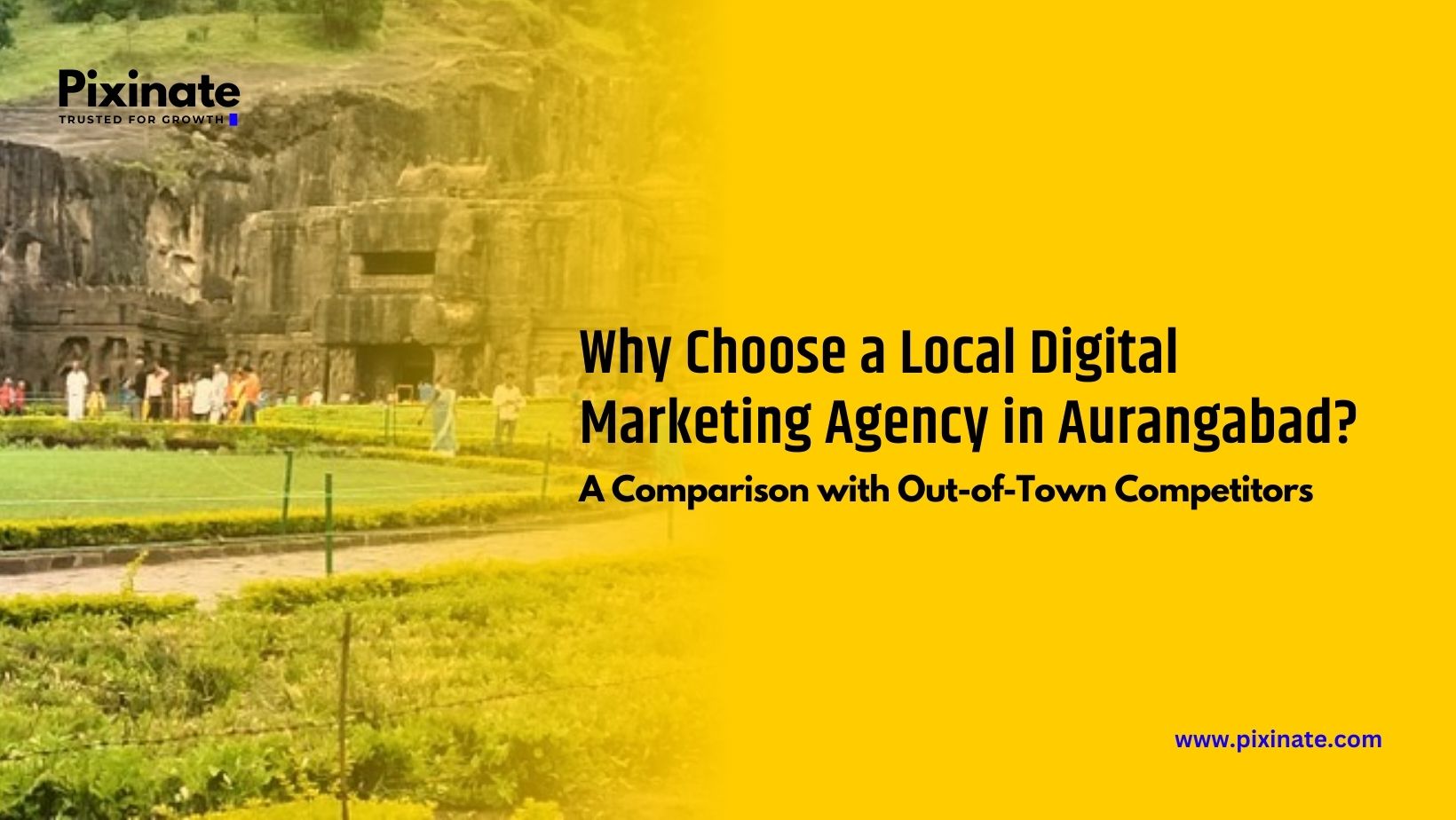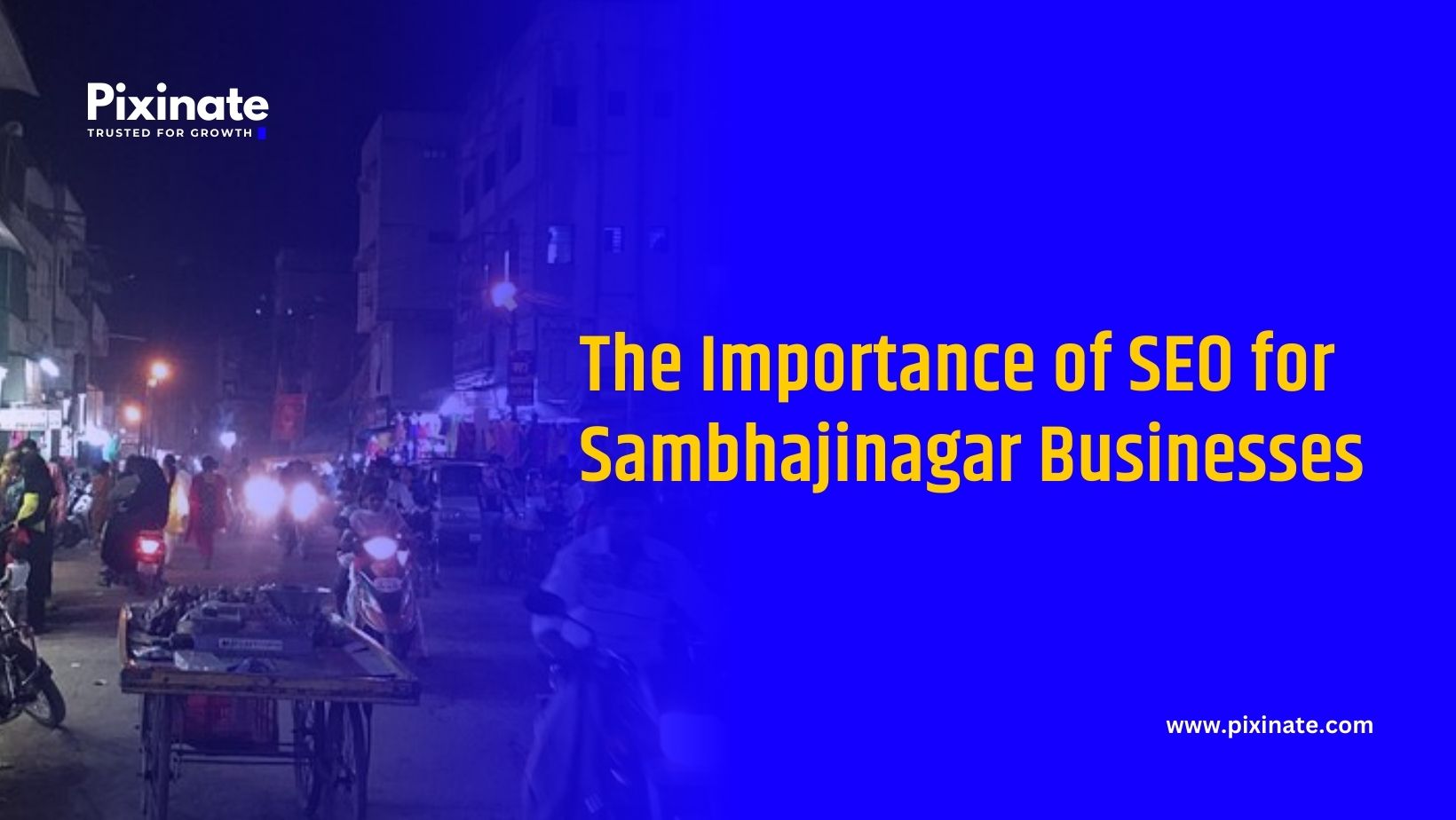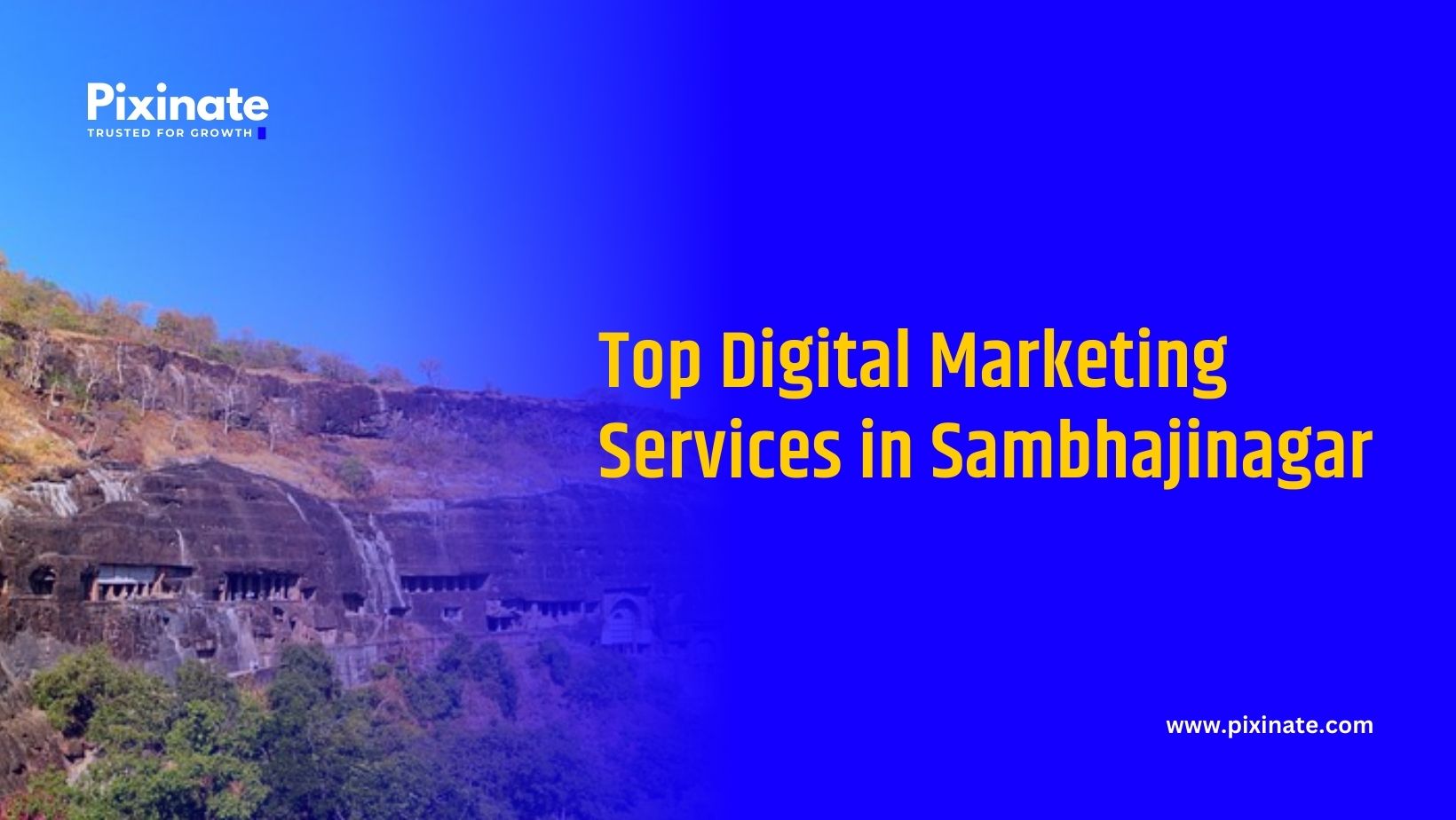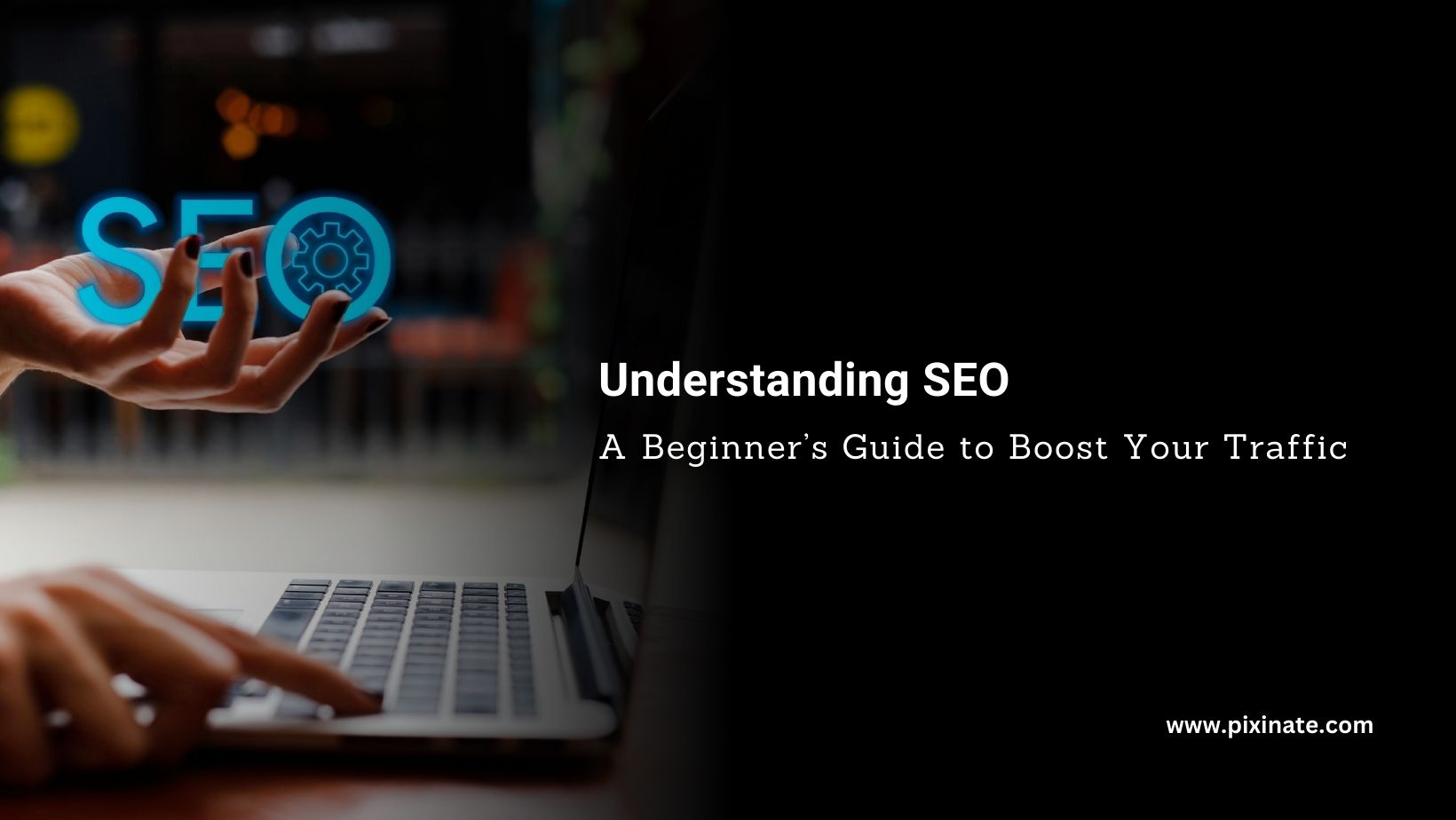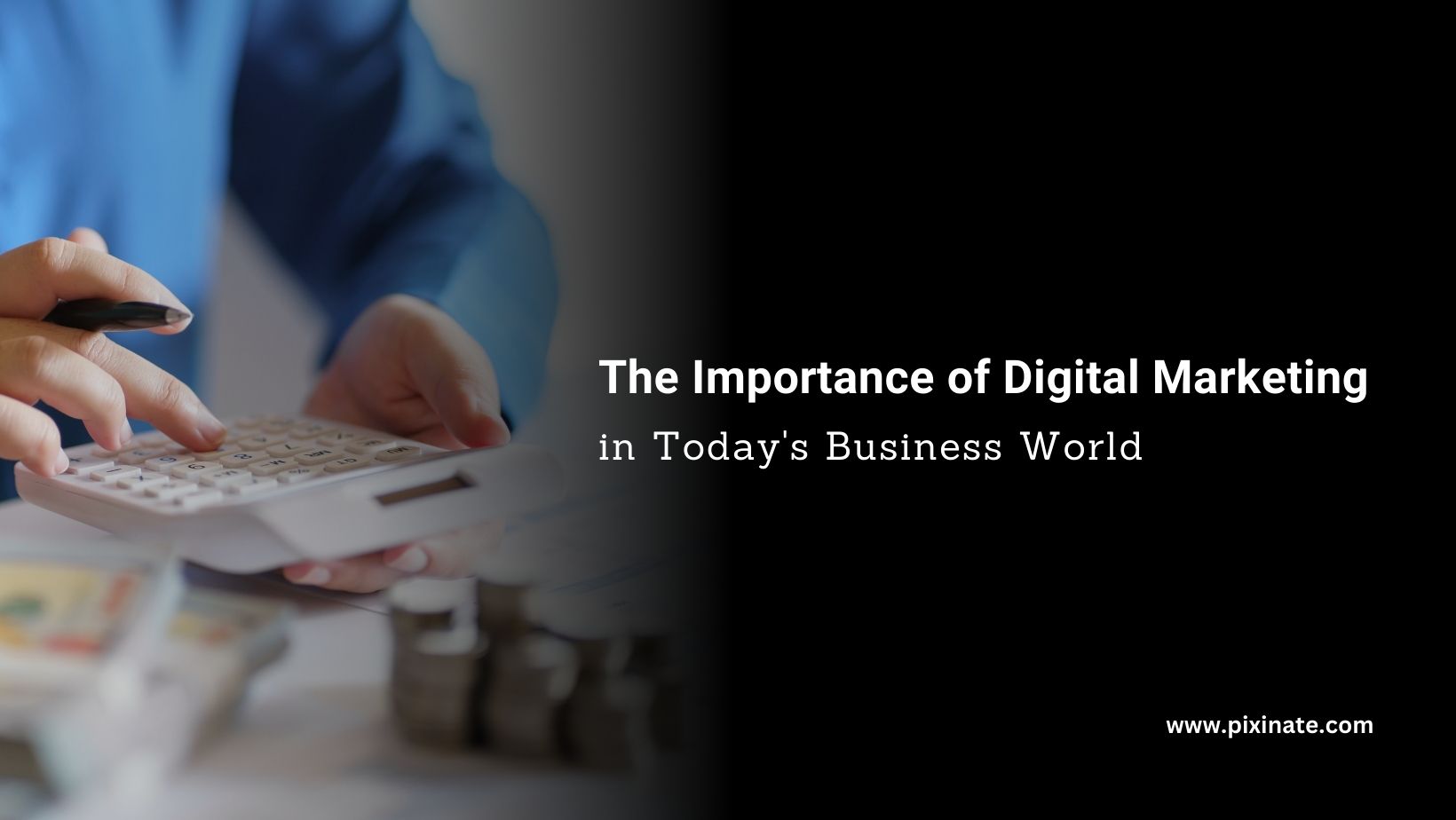In today’s fast-paced digital world, businesses must adapt to the evolving landscape of marketing to remain competitive. Online marketing has emerged as a powerful tool that enables brands to connect with their audience online. But what exactly is digital marketing? In this comprehensive guide, we will explore the fundamentals of digital marketing, its various components, and why it is essential for businesses of all sizes.
What is Digital Marketing?
Digital marketing refers to the use of digital channels, platforms, and technologies to promote products or services. It encompasses various online marketing strategies that allow businesses to reach and engage their target audience. From search engine optimization (SEO) to social media marketing, digital marketing offers a wide range of tactics to connect with consumers in the digital space.
Key Components of Online Marketing
Digital marketing consists of several key components, each playing a crucial role in a successful marketing strategy. Here are the main elements:
- Search Engine Optimization (SEO)
SEO is the practice of optimizing your website and content to rank higher in search engine results pages (SERPs). By using relevant keywords, creating high-quality content, and improving website performance, businesses can increase their visibility and attract organic traffic. - Content Marketing
Content marketing focuses on creating valuable, relevant, and consistent content to attract and engage a target audience. This can include blog posts, videos, infographics, and podcasts that inform or entertain consumers, ultimately driving profitable customer action. - Social Media Marketing
Social media marketing involves promoting your brand on social media platforms like Facebook, Instagram, Twitter, and LinkedIn. By creating engaging content and interacting with users, businesses can build a loyal community and increase brand awareness. - Email Marketing
Email marketing is a powerful tool for nurturing leads and maintaining relationships with customers. By sending targeted email campaigns, businesses can share news, promotions, and valuable content, encouraging recipients to take action. - Pay-Per-Click (PPC) Advertising
PPC advertising allows businesses to display ads on search engines and social media platforms. Advertisers pay a fee each time their ad is clicked, driving traffic to their website. This strategy can yield quick results and is often used for lead generation. - Affiliate Marketing
Affiliate marketing involves partnering with affiliates who promote your products or services in exchange for a commission. This performance-based marketing strategy allows businesses to reach a wider audience without upfront costs. - Influencer Marketing
Influencer marketing leverages the popularity and reach of influencers to promote products or services. By collaborating with influencers, brands can tap into their audience and enhance their credibility.
Why is Digital Marketing Important?
Online marketing offers numerous benefits that traditional marketing cannot match. Here are some reasons why it is essential for businesses:
- Wider Reach: Online marketing allows businesses to reach a global audience, breaking geographical barriers and expanding their market.
- Cost-Effective: Compared to traditional marketing methods, digital marketing is often more affordable, making it accessible for businesses of all sizes.
- Measurable Results: With Online marketing, businesses can track and analyze their campaigns’ performance in real-time, allowing for data-driven decision-making.
- Targeted Marketing: Online marketing enables businesses to segment their audience and tailor their marketing efforts to specific demographics, interests, and behaviors.
- Improved Engagement: Through social media and other digital channels, businesses can interact with their audience, building relationships and fostering loyalty.
Getting Started with Digital Marketing
For beginners looking to dive into digital marketing, here are some steps to get started:
- Define Your Goals: Determine what you want to achieve with your digital marketing efforts, such as increasing website traffic, generating leads, or boosting sales.
- Understand Your Audience: Conduct market research to identify your target audience’s demographics, preferences, and online behaviors.
- Create a Digital Marketing Strategy: Outline your marketing goals, target audience, and the channels you’ll use to reach them. This strategy will serve as a roadmap for your digital marketing efforts.
- Invest in Learning: Digital marketing is constantly evolving, so staying up-to-date with the latest trends and best practices is essential. Consider online courses, webinars, and industry blogs to enhance your knowledge.
- Implement and Analyze: Start implementing your digital marketing strategies and monitor their performance. Use analytics tools to measure success and make necessary adjustments to improve results.
Conclusion
Digital marketing is a vital aspect of modern business that offers a wealth of opportunities for growth and engagement. By understanding the various components and implementing effective strategies, beginners can harness the power of digital marketing to drive their business forward. Whether you’re a small business owner or a marketing professional, embracing digital marketing will undoubtedly yield significant rewards.
